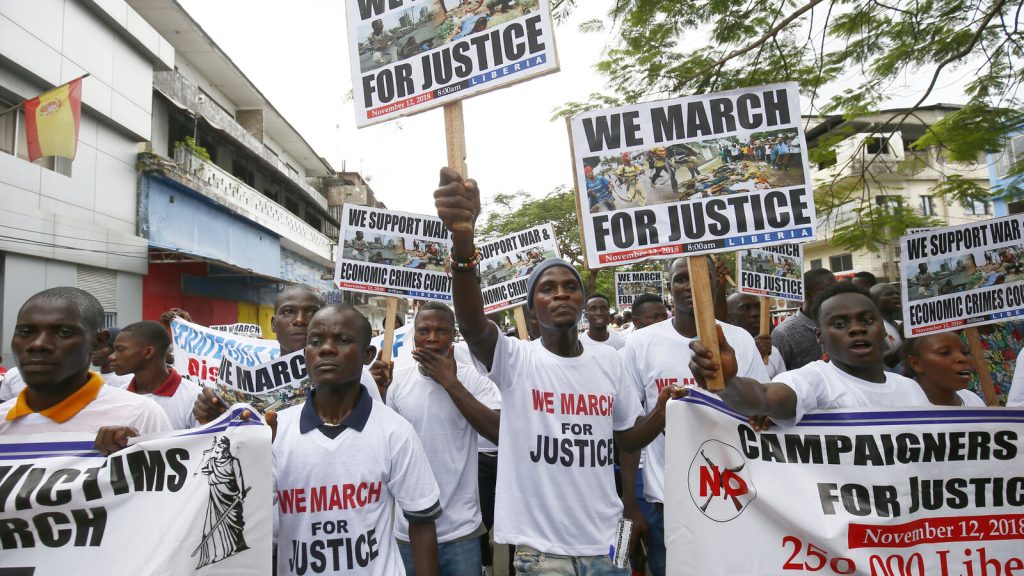Liberia’s President Joseph Boakai has taken a significant step by signing an executive order to establish the country’s first war crimes court, marking a key moment more than two decades after the end of devastating civil wars that claimed the lives of 250,000 people.
President Boakai acknowledged Liberia’s profound suffering, referring to the nation’s enduring “downpours of agony” resulting from the atrocities committed during the conflicts from 1989 to 2003, which included mass killings, rape, and the recruitment of child soldiers.
The decision to establish the war crimes court has faced opposition from critics within Liberia, who fear that reopening old wounds could destabilise the nation. However, President Boakai emphasised that the court is essential for uncovering the truth behind the violence and fostering both justice and healing.

Supporters of the war crimes court, including lead campaigner Adama K. Dempster, view the president’s decision as a crucial step towards closure for war victims and survivors, applauding it as a demonstration of solidarity with those affected by the civil wars.
International allies, including the United States, have welcomed Liberia’s move towards accountability and justice. US Chargé d’Affaires Catherine Rodriguez praised President Boakai’s decision as historic and courageous, expressing optimism that the establishment of the court will help end impunity for war crimes, promote national reconciliation, and contribute to sustainable peace.
While Liberia previously established a Truth and Reconciliation Commission (TRC) in 2006 to address past atrocities, it did not function as a tribunal. Despite identifying individuals for potential prosecution for war crimes, political controversies and inaction hindered the TRC’s effectiveness.


